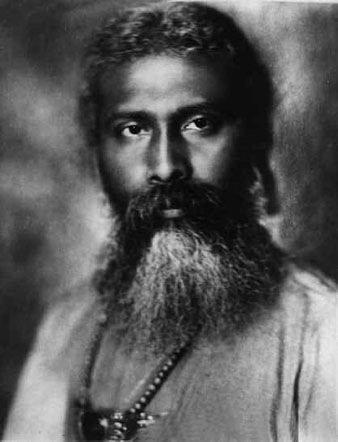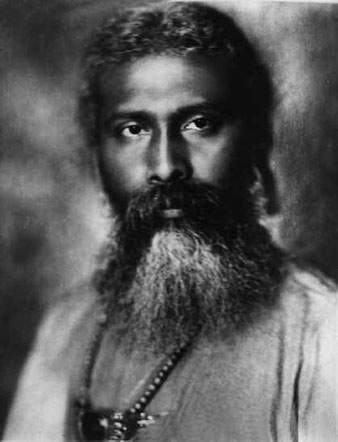The Power of Conscience

“A pure conscience gives one the strength of lions, and by a guilty conscience even lions are turned into rabbits.”
–Hazrat Inayat Khan (Indian Founder of Universal Sufism and the Sufi Order International, 1882-1927)
Unfolding Your Soul

“The rose brings forth fragrance, color, and beautiful structure; so the soul, with its unfoldment, shows personality, atmosphere, and refined manner.”
–Hazrat Inayat Khan (Indian Founder of Universal Sufism and the Sufi Order International, 1882-1927)
Life Is Progress

“Life is progress, and ceasing to progress is death.”
–Hazrat Inayat Khan (Indian Founder of Universal Sufism and the Sufi Order International, 1882-1927)
The Simplicity of Saints

“Simplicity of nature is the sign of saints.”
–Hazrat Inayat Khan (Indian Founder of Universal Sufism and the Sufi Order International, 1882-1927)
Music, Language and the Brain

For more than two centuries neurologists and others interested in music and language have wondered whether or not language and music depend on common processes in the mind. It has been known that some aspects of language and music are represented in different regions of the brain, but there are also many areas of crossover.
Now, researchers at Georgetown University Medical Center have published evidence in the journal NeuroImage, that the processing of music and language do indeed depend on some of the same brain systems.
Their findings suggest that two different aspects of both music and language depend on the same two memory systems in the brain. One brain system, based in the temporal lobes, helps us to memorize information in both language and music, for example words and meanings in language and familiar melodies in music. The other memory system is focused in the frontal lobes, and this one helps us to learn “unconsciously” and use the rules that underlie both language and music, such as the rules of syntax in sentences, and the rules of harmony in music.
The study involved 64 adults and the researchers used a technique called event-related potentials, in which they measured the brain’s electrical activity using electrodes placed on the scalp.
The subjects listened to 180 snippets of melodies. Half of the melodies were segments from tunes that most participants would know, such as “Three Blind Mice” and “Twinkle, Twinkle Little Star.” The other half included novel tunes composed by one of the researchers. Three versions of each well-known and novel melody were created: melodies containing an in-key deviant note that could only be detected if the melody was familiar, and therefore memorized; melodies that contained an out-of-key deviant note that violated rules of harmony; the original melodies that acted as the “controls”
They found that violations of rules and memory in music corresponded to the two patterns of brain waves seen in previous studies of rule and memory violations in language. In-key violations of familiar melodies led to a brain-wave pattern similar to one called an “N400” that has previously been found with violations of words. One example that the authors gave: :I’ll have my coffee with milk and concrete.” Out-of-key violations of both familiar and novel melodies generated electrical activity over the frontal lobe similar to the patterns previously found for violations of rules in both language and music. Out-of-key violations of familiar melodies also led to an N400-like pattern of brain activity, as expected because these are violations of memory as well as rules.
This research opens up new ways of thinking about the relationships between language and music, and may have implications for speech and language therapy.
“When I hear music, I fear no danger. I am invulnerable. I see no foe. I am related to the earliest times, and to the latest.”
–Henry David Thoreau (American Essayist and Philosopher, 1817-1862)
“There is nothing better than music as a means for uplifting the soul.”
–Hazrat Inayat Khan (Founder of the Sufi Order of the West, 1882-1927)
“There are more love songs than anything else. If songs could make you do something we’d all love one another.”
–Frank Zappa (American Composer, Guitarist, Satirist and Song Writer, 1940-1993)
“Since music is a language with some meaning at least for the immense majority of mankind, although only a tiny minority of people are capable of formulating a meaning in it, and since it is the only language with the contradictory attributes of being at once intelligible and untranslatable, the musical creator is a being comparable to the gods, and music itself the supreme mystery of the science of man, a mystery that all the various disciplines come up against and which holds the key to their progress.”
–Claude Lévi-Strauss (Belgian-born French Social Anthropologist, 1908-)






